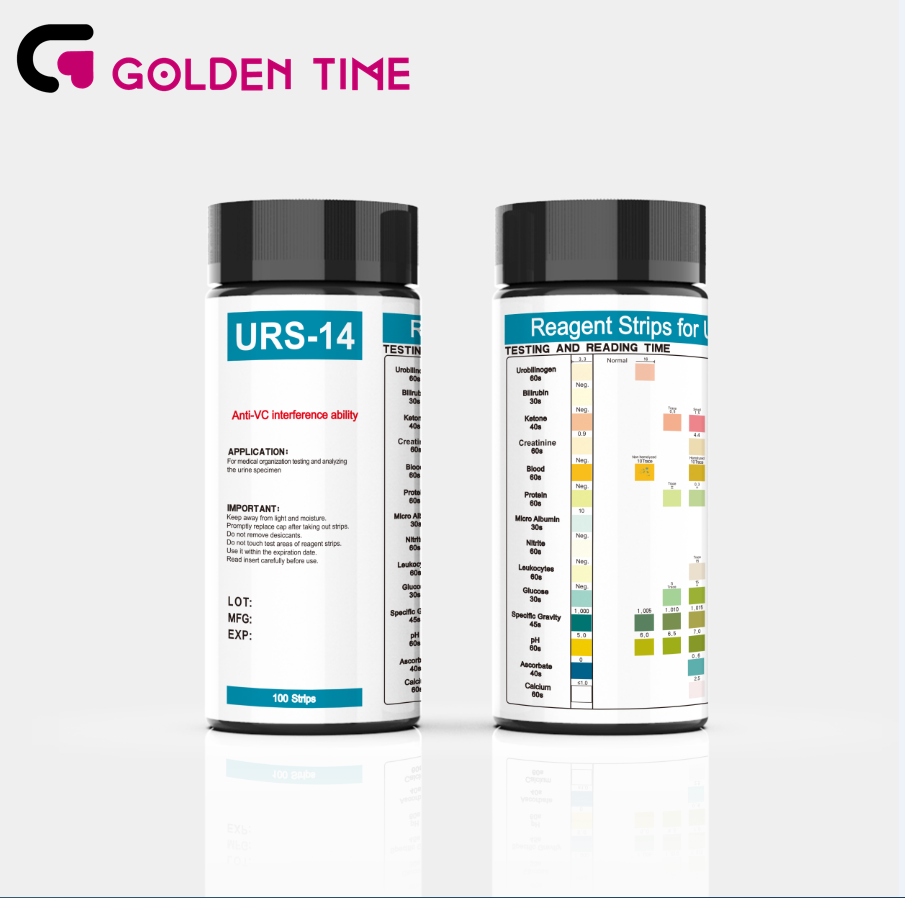Nov . 06, 2024 10:13 Back to list
Suppliers for FOBT Testing Solutions and Equipment Options
FOBT Test Suppliers Ensuring Quality Diagnostics for Colorectal Cancer Screening
Colorectal cancer is one of the leading causes of cancer-related deaths worldwide, making early detection and intervention crucial for improving patient outcomes. One of the primary tools for colorectal cancer screening is the Fecal Occult Blood Test (FOBT), which helps detect hidden blood in the stool, a potential indicator of cancer or other gastrointestinal disorders. As the demand for reliable and accurate FOBT increases, the role of FOBT test suppliers becomes essential in the healthcare landscape.
Understanding FOBT
The FOBT is a non-invasive test that can be performed at home, making it an accessible option for many individuals, especially those at higher risk of colorectal cancer. The test works by analyzing stool samples for the presence of blood, which may not be visible to the naked eye. There are different types of FOBT, including the guaiac-based FOBT (gFOBT) and immunochemical FOBT (iFOBT). Each has its own methodology and sensitivity levels for detecting blood, and suppliers play a vital role in ensuring these tests are produced to high standards.
The Role of FOBT Test Suppliers
FOBT test suppliers are responsible for producing the test kits that healthcare providers and patients rely upon. Their role includes not only the manufacturing of the tests but also ensuring that they meet regulatory standards and undergo rigorous quality control processes. Suppliers must stay updated with the latest advancements in diagnostic technology to provide the most accurate, sensitive, and user-friendly products.
1. Quality Control and Compliance It is crucial that FOBT suppliers adhere to the regulations set by health authorities, such as the FDA in the United States and equivalent bodies elsewhere. These regulations ensure that tests are safe, effective, and reliable. Regular audits and consistently high standards in manufacturing processes help build trust in these diagnostics.
fobt test suppliers

2. Innovation and Research The field of colorectal cancer screening continually evolves, with research focusing on increasing test sensitivity and specificity. Suppliers that invest in research and development can bring innovative products to market, improving the accuracy of FOBT. This includes advancements such as using biomarkers that can enhance detection rates and developing easier-to-use testing kits that encourage more individuals to participate in screenings.
3. Education and Training FOBT test suppliers also play an instrumental role in educating healthcare providers about the proper use of the tests. Providing training on interpreting results, understanding the limitations of the tests, and advising patients on follow-up procedures is critical for effective screening programs. Suppliers may offer workshops, create educational materials, or develop digital resources to ensure that healthcare professionals are well-informed.
The Importance of Accessibility and Cost-Effectiveness
Another vital factor for FOBT test suppliers is the accessibility of their products. Colorectal cancer screening can be underutilized due to barriers such as cost, availability, and patient awareness. Suppliers that strive to provide affordable and easy-to-access materials can help improve screening rates. Community outreach programs and partnerships with healthcare organizations can facilitate wider distribution of these tests.
Conclusion
As the prevalence of colorectal cancer continues to rise, the demand for reliable FOBT grows. FOBT test suppliers are at the forefront of this battle, ensuring that high-quality, safe, and effective screening tools are available to both healthcare providers and patients. Their commitment to quality control, innovative research, education, and accessibility is integral to improving early detection rates, ultimately leading to better patient outcomes in the fight against colorectal cancer. As technology advances and patient needs evolve, these suppliers must adapt and innovate to ensure they meet the challenges of modern healthcare while maintaining the highest standards of care.
-
Highly Accurate hCG Pregnancy Test Strips - 5 Min Results
NewsAug.02,2025
-
Premium Empty ABS Plastic Cassettes: Durable & Lightweight Storage
NewsAug.01,2025
-
Accurate Cocaine (Coc) Rapid Test Kit | Fast & Reliable Detection
NewsJul.31,2025
-
Accurate HCG Pregnancy Test Strips | Fast Home Use Kit
NewsJul.31,2025
-
Reliable Early Pregnancy Test Kit Supplier - Multi Plastic Cassette Options
NewsJul.30,2025
-
Transferrin Rapid Test Cassette – Reliable Tumor Marker Detection
NewsJul.29,2025

